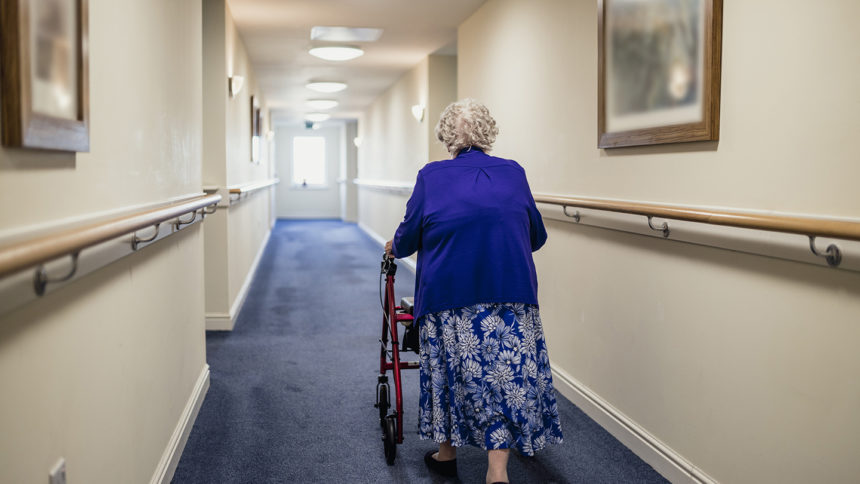Families are facing fewer care options and delays in securing care for their elders, according to the 2024 Access to Care report from the American Health Care Association.
“It’s not hyperbole to say access to care is a national crisis. Nursing homes are closing at a rate much faster than they are opening, and yet with each passing day, our nation grows older. Providers are doing everything they can to protect and expand access to care, but without support from policymakers, access to care remains under threat,” Mark Parkinson, president and CEO of AHCA/NCAL, said in a press release.
Due to workforce shortages, increasing inflation and operational costs, and chronic government underfunding, many nursing homes have had to downsize or shut down entirelysince the pandemic, according to AHCA.
America’s population is aging, with the youngest of the baby boomer generation turning 60 this year. And yet, according to AHCA, fewer nursing homes are opening.
According to the report, there are 62,567 fewer nursing home beds in 2024 than there were in 2020. Twenty percent of nursing homes have closed a unit, wing, or floor due to labor shortages.
In 2023, only 37 new facilities opened their doors; seven so far this year. There were 73 new SNFs back in 2020, 71 in 2021 and 55 in 2022.
Across the country, there are areas known as “nursing home deserts,” where no skilled nursing facilities exist, according to the AHCA. This year, 40 additional counties in the US became nursing home deserts. Eighty-five percent of those counties are in rural areas. Data show that one in five Americans live in rural areas.
“In addition, the federal staffing mandate will require that 92% of rural facilities hire more registered nurses to comply — an impossible challenge for these communities where workers are already scarce,” AHCA said.
“Our nation’s seniors shouldn’t have to wait for days or weeks in a hospital bed for the skilled nursing care they need, and families shouldn’t have to drive for hours to see their loved ones. We know that there is a way forward from here, and it doesn’t include unrealistic government mandates,” Parkinson said. “Policymakers must work with stakeholders to implement supportive solutions that uphold, protect, and expand access to care for seniors and individuals with disabilities.”



